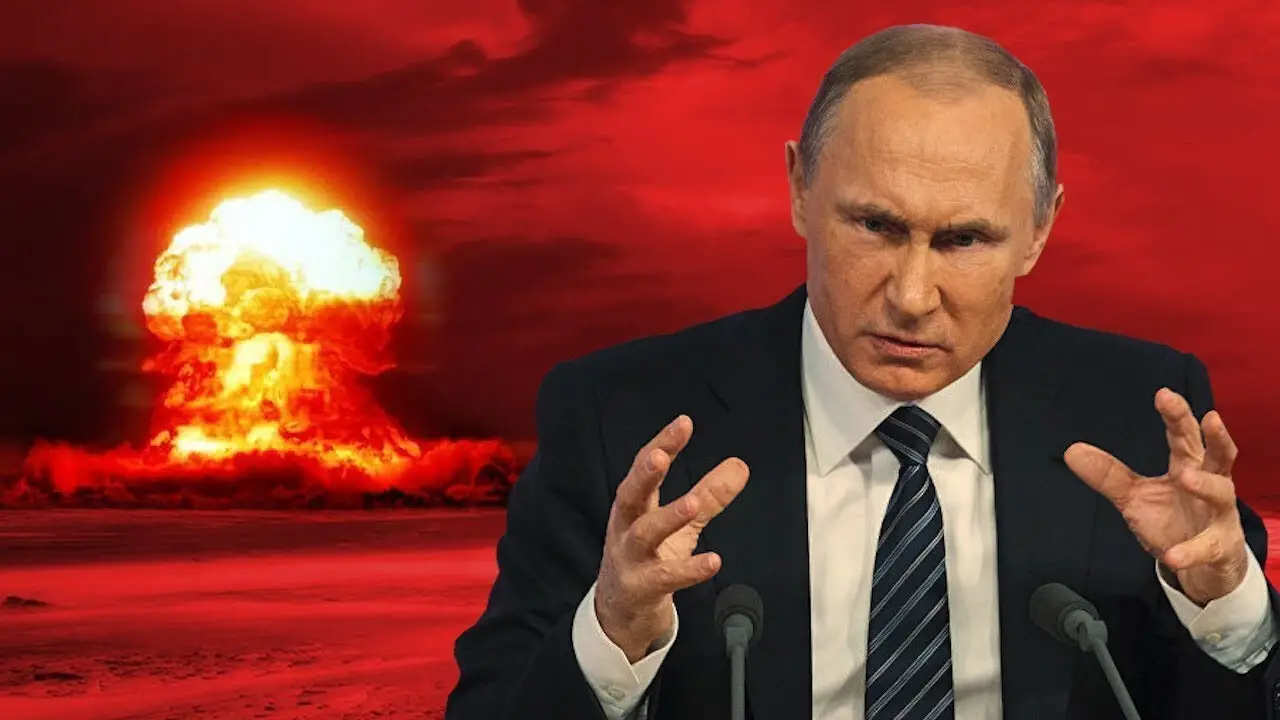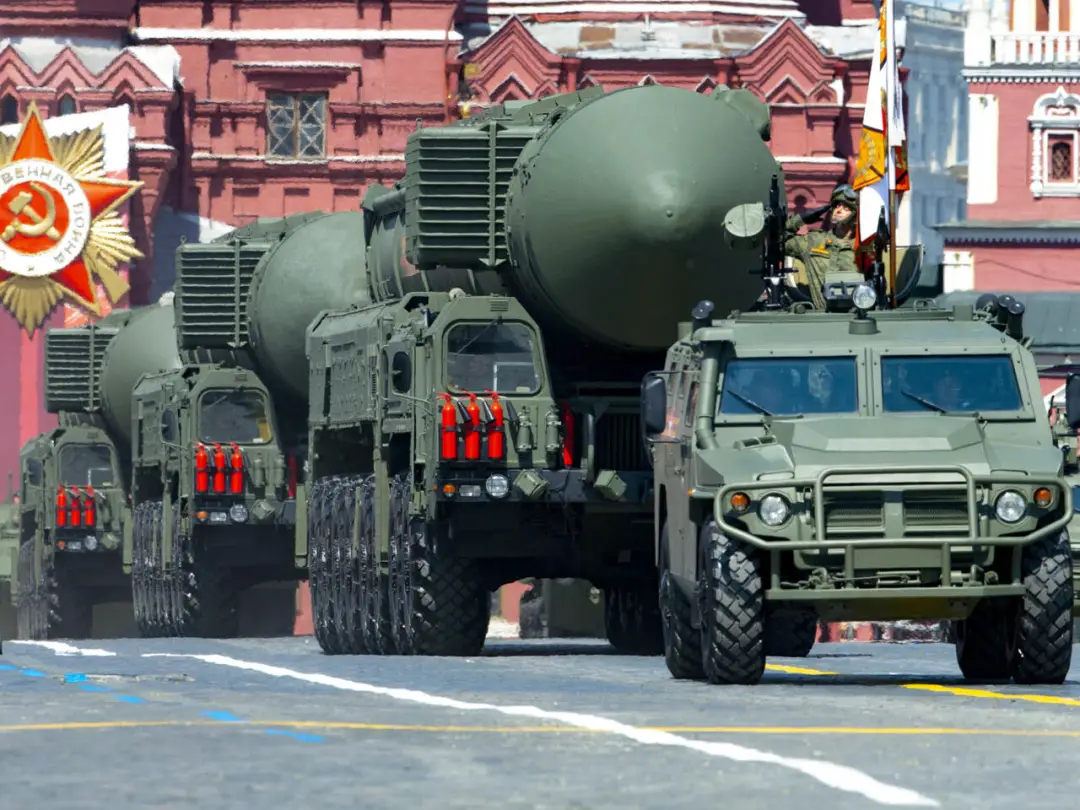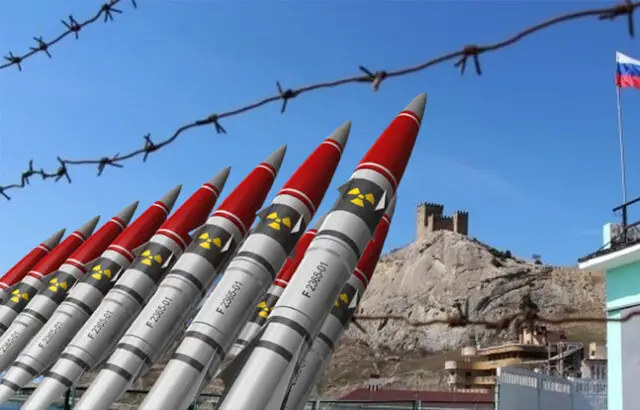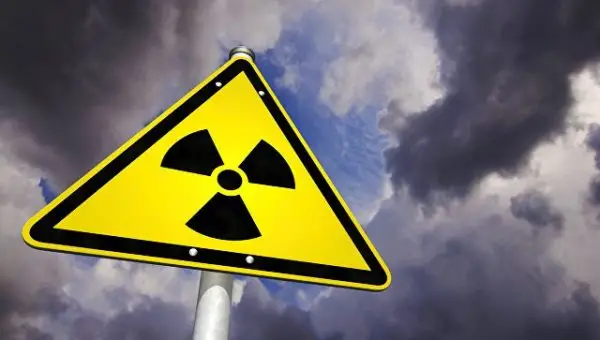russia's nuclear threats as an element of hybrid warfare. When and why does the Kremlin wave the "nuclear baton"?

And why russia is extremely unlikely to use tactical nuclear weapons on the battlefield in Ukraine or elsewhere
During a May 9 parade in moscow, russian dictator vladimir putin again threatened the West with the use of nuclear weapons. He said that russia will do everything to prevent a global clash, but will not allow anyone to threaten it. putin also emphasized that russia's strategic forces are always on alert.
After his speech, three Yars missile systems, which are part of the russian Strategic Nuclear Forces, were driven across Red Square. The host of the ceremony called them "a formidable force of nuclear deterrence" and noted their "ability to hit a target anywhere in the world with certainty".
On May 6, it was reported that putin instructed the russian General Staff to prepare for exercises on the use of non-strategic nuclear weapons. The exercises will be held "in the near future" and will involve the air force and navy.

Why the kremlin is increasingly threatening with nuclear weapons
kremlin spokesman dmitry peskov said that russia's upcoming exercises are connected to the West's statements about its readiness to send troops to Ukraine. He mentioned the statements of French President Emmanuel Macron, British representatives and Democratic leader in the US House of Representatives Hakeem Jeffries.
After peskov's words, Estonian Deputy Foreign Minister Küllike Sillaste-Elling called on Ukraine's Western partners to remain open to any proposals to support Ukrainians in the war against russia, including sending Western troops to Ukraine.
This also comes against the backdrop of increased military aid to Ukraine. The ambassadors of the European Union countries agreed on measures in principle to use the excess profits from frozen russian assets to restore and arm Ukraine. Earlier, Valerie Urbain, Executive Director of the Belgian depository Euroclear, where most of the russian assets frozen by Western countries are stored, said that in the coming weeks a decision will be made to use the proceeds of these assets in favor of Ukraine.
NATO Secretary General Jens Stoltenberg reiterated that the Alliance has no plans to deploy troops in Ukraine, instead he emphasized that it is important to provide Ukraine with sufficient military assistance. Stoltenberg reminded that due to delays in the supply of weapons from the United States and Europe to Ukraine, russian forces were able to make progress in their offensive. Although "the situation is changing now", there is no question of a presence "on the ground". He added that russian ruler putin still believes in a military victory in Ukraine, and thus the only way to convince him to come to the negotiating table is "to prove on the battlefield that he will not win, and the only way to do that is to provide military support to Ukraine".

This is how moscow wants to scare its allies and maintain a strategic advantage on the battlefield
russia's nuclear threats are part of its reflexive control tactics, which aim to influence decision-making in the West through the use of nuclear threats and diplomatic manipulation. Reflexive control is a key element of russia's hybrid warfare toolkit, and relies on influencing an adversary through targeted rhetoric and information operations to induce the adversary to voluntarily take actions favorable to russia. russia frequently used "nuclear saber-rattling" during its full-scale invasion of Ukraine to force the West, which russia considers its adversary, to stop providing military support to Ukraine.
Specifically, the russian Defense Ministry and Foreign Ministry have stated that russia will conduct the aforementioned nuclear exercises in response to alleged "provocative statements and threats" made by Western officials against russia.
The russian Foreign Ministry accused the United States of deploying medium- and short-range ground-based missiles "in various regions of the world," which, according to the russian Foreign Ministry, allows russia to respond in kind.
The russian Foreign Ministry also said that it would consider the arrival of the F-16 in Ukraine as a provocation, as russia would consider the F-16 as nuclear weapons carriers. This is a boilerplate threat that russian officials have made since Western nations first committed to sending F-16s to Ukraine in the summer of 2023. russian officials have consistently timed nuclear readiness exercises and vague threats of nuclear retaliation to coincide with important Western policy decisions regarding the war in Ukraine, in order to force Western politicians to restrain themselves and reconsider their support for Ukraine.

Worst of all, these threats occasionally work
Such as in September 2023, American billionaire Elon Musk secretly ordered his engineers to shut down the Starlink satellite communications network near the Crimean coast to prevent a Ukrainian covert attack on russia's Black Sea Fleet. When the Ukrainian unmanned underwater vehicles carrying explosives approached the russian fleet, they "lost contact and were eventually washed ashore".
Musk's decision was motivated by a "sharp fear" that russia would respond with nuclear weapons to a Ukrainian attack on Crimea. This fear arose from conversations with russian officials.
Although Musk's concerns about a "mini-Pearl Harbor" did not materialize in Crimea, this episode highlights the unique position he found himself in during the war in Ukraine. Whether intentionally or not, Musk became an influential agent that U.S. officials could not ignore.
And in early April of this year, House Foreign Affairs Committee Chairman Michael McCaul said that National Security Advisor Jake Sullivan was concerned that russia could launch a nuclear strike against the United States if it provided too many weapons to Ukraine.
It is noted that Sullivan is very cautious and "timid" in this matter, afraid of the use of nuclear weapons. McCaul argues that most of the intelligence he has seen indicates that russia will not use nuclear weapons, as it would be a game changer for everyone.
McCaul also noted that Sullivan is supported by President Biden on this issue. At the beginning of the war, Secretary of State Anthony Blinken advocated for the transfer of Polish MiG-29 fighters to Ukraine, but it is not he who is slowing down the assistance to Ukraine, but Sullivan. McCaul described this reaction as "very timid" and noted that it leads to a stalemate and a war of attrition, which putin wants.










